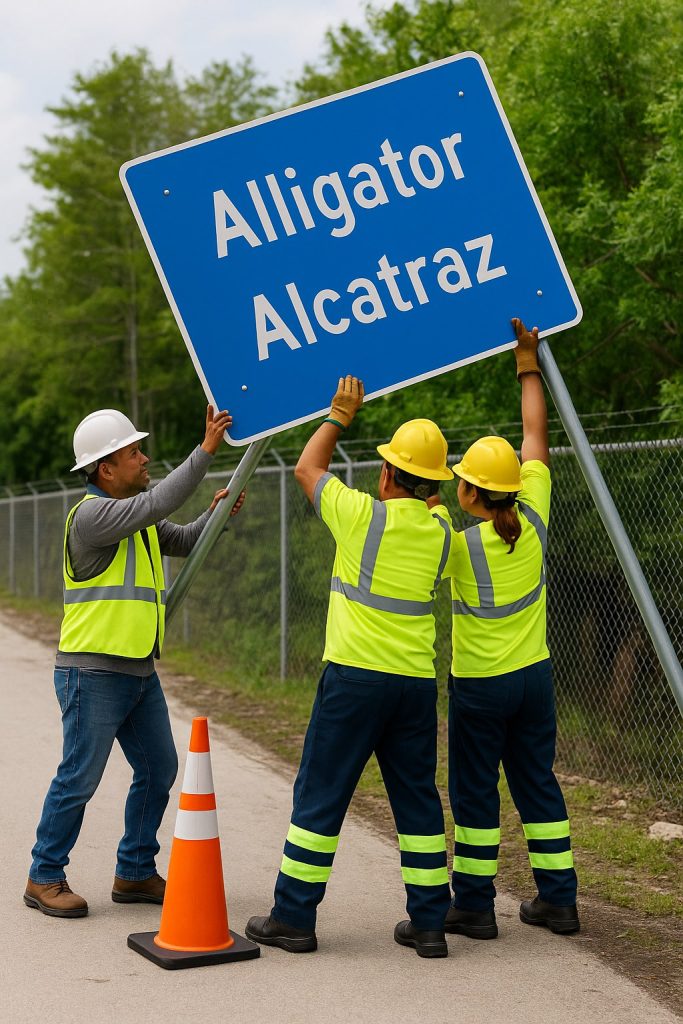In recent weeks, a series of disturbing incidents involving questionable parenting choices have ignited a fierce debate across social media and community platforms, with many echoing the sentiment: “Some people just shouldn’t be parents.” These cases highlight a growing concern about child neglect, safety, and the responsibilities inherent in raising children in today’s complex world.
From viral videos showing neglectful behavior to court cases unveiling shocking neglect and abuse, 2024 has already seen multiple examples that emphasize the urgent need for awareness and intervention. Experts say these incidents not only endanger children’s well-being but also serve as a grim reminder that parenting is a profound responsibility requiring skills, patience, and resources.
Recent Examples Stir Public Outcry
One particularly eye-opening episode involved a family where children were reportedly left unsupervised for extended periods, leading to dangerous situations at home. Authorities intervened only after neighbors raised alarms regarding the children’s welfare. Videos circulating online showed neglected toddlers in unsafe environments, prompting widespread condemnation.
In another alarming case, a parent was arrested after leaving a young child in a hot car for hours. The incident rekindled urgent conversations about the importance of education on child safety and the devastating consequences of momentary lapses in judgment. Social media users expressed dismay, sharing personal anecdotes and demanding stronger measures to protect children.
The Social Media Effect: Amplifying Awareness and Judgment
Social platforms have played a dual role in these parenting controversies. On one hand, they have enabled the rapid spread of information, alerting communities and authorities to potentially harmful scenarios. On the other, they have sometimes fostered harsh judgment and public shaming. Psychologists warn that while public vigilance is vital, supportive approaches that encourage education and rehabilitation for struggling parents are equally important.
“When we say ‘Some people just shouldn’t be parents,’ it’s often a reflection of frustration and concern,” says a child welfare specialist. “However, it’s crucial to remember that parenting challenges can stem from many factors such as lack of resources, mental health struggles, or inadequate support systems.”
Legal and Social Implications
Legal systems across regions are seeing an influx of cases related to neglect and child endangerment. Child protective services are expanding programs to identify at-risk families earlier, offering counseling, financial assistance, and parenting education. Advocates argue that prevention is more effective than punitive measures alone.
In parallel, community organizations are emphasizing the importance of creating environments where parents can access tools and resources without stigma. This approach not only aims to reduce neglect incidents but also fosters healthier family dynamics.
Conversations Moving Forward
The growing visibility of parenting failures has also sparked calls for better comprehensive education programs from school-age through adulthood, equipping future generations with essential skills for responsible parenting. Discussions continue on how society can balance accountability and empathy to protect children while supporting parents in need.
Ultimately, these troubling stories serve as a wake-up call about the stakes involved in parenthood. As dialogue continues to evolve, many hope for a future where children’s safety is ensured, and parents are empowered to fulfill their roles effectively and compassionately.
In a world where parenting challenges are increasingly complex, the message is clear: safeguarding childhood requires collective attention, resources, and care. Because when it comes to raising the next generation, some fails simply cannot be overlooked.



